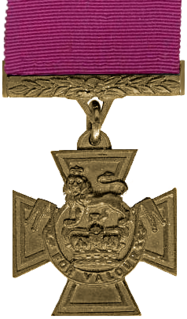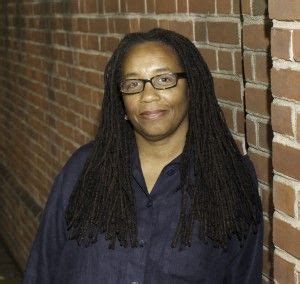A Quote by Frans de Waal
I sometimes try to imagine what would have happened if we’d known the bonobo first and the chimpanzee only later—or not at all. The discussion about human evolution might not revolve as much around violence, warfare and male dominance, but rather around sexuality, empathy, caring and cooperation. What a different intellectual landscape we would occupy!
Related Quotes
In my humble opinion, non-cooperation with evil is as much a duty as is cooperation with good. But in the past, non-cooperation has been deliberately expressed in violence to the evildoer. I am endeavoring to show my countrymen that violent non-cooperation only multiplies evil and that evil can only be sustained by violence. Withdrawal of support of evil requires complete abstention from violence. Non-violence implies voluntary submission to the penalty for non-cooperation with evil.
The failure of the first Barack Obama administration to really deliver on a new War on Poverty and a new language to explain these societal challenges in some ways provided the fuel that led to the Occupy Movement a few years later. And, while Occupy was a somewhat transitory phenomenon, many of the activist groups that emerged during this period are still out there, and still working on reshaping the political debate around taxes, around welfare, around government assistance to the poor, around debt relief for students, and so on.
I didn’t hear words that were accurate, much less prideful. For example, I never once heard the word clitoris. It would be years before I learned that females possessed the only organ in the human body with no function than to feel pleasure. (If such an organ were unique to the male body, can you imagine how much we would hear about it—and what it would be used to justify?)
We can learn a great deal from whales. It is the same lesson we can learn from our close genetic relatives, the bonobo apes of the Congo. Here mothers have a great deal of authority, there is very little violence (with no signs of sexual violence against females), and their society is held together by sharing and caring rather than by fear and force.
There are stars in the night sky that look brighter than the others, and when you look at them through a telescope you realize you are looking at twins. The two stars rotate around each other, sometimes taking nearly a hundred years to do it. They create so much gravitational pull there's no room around for anything else. You might see a blue star, for example, and realize only later that it has a white dwarf as a companion - that first one shines so bright, by the time you notice the second one, it's too late.
I like newspaper stories that are incomplete, that give me room to imagine the rest. It's no good to me reading about something that's all neatly solved and wrapped up. That's why so many of my stories revolve around human psychology, around why someone commits a certain crime, or series of crimes. I don't profess to know the answers but I like to explore the possibilities.
I was thinking about framing, and how so much of what we think about our lives and our personal histories revolves around how we frame it. The lens we see it through, or the way we tell our own stories. We mythologize ourselves. So I was thinking about Persephone's story, and how different it would be if you told it only from the perspective of Hades. Same story, but it would probably be unrecognizable. Demeter's would be about loss and devastation. Hades's would be about love.


































